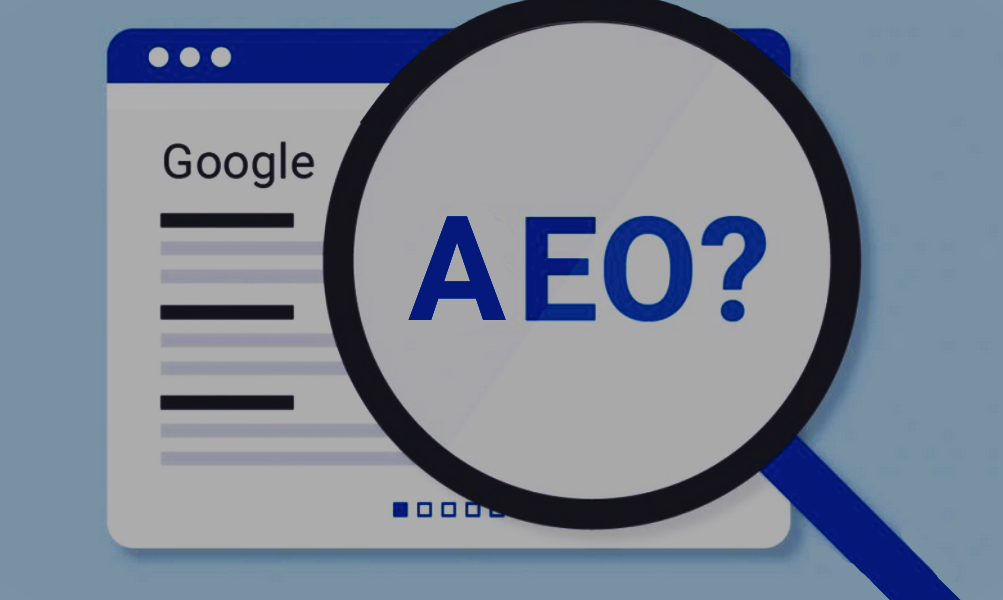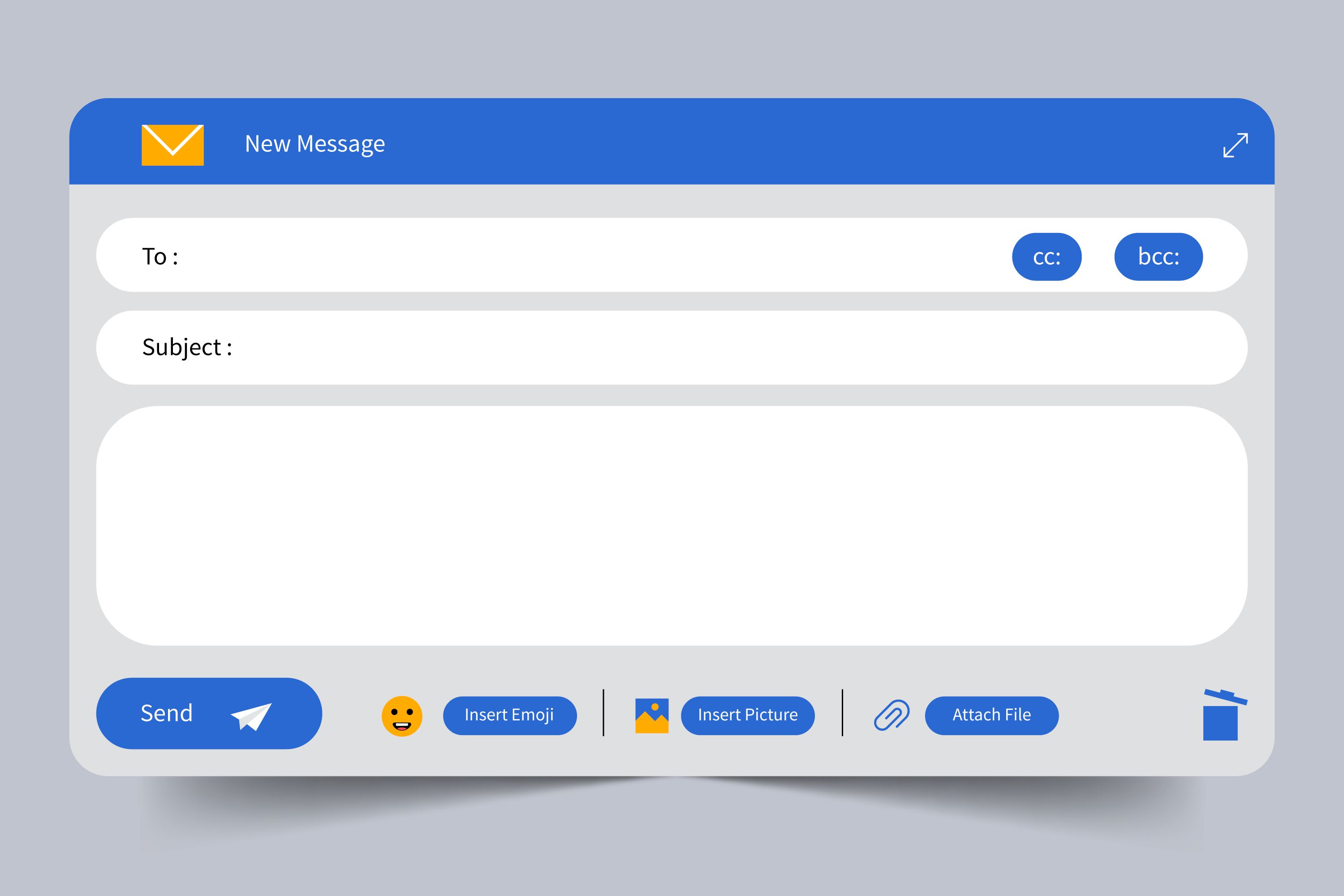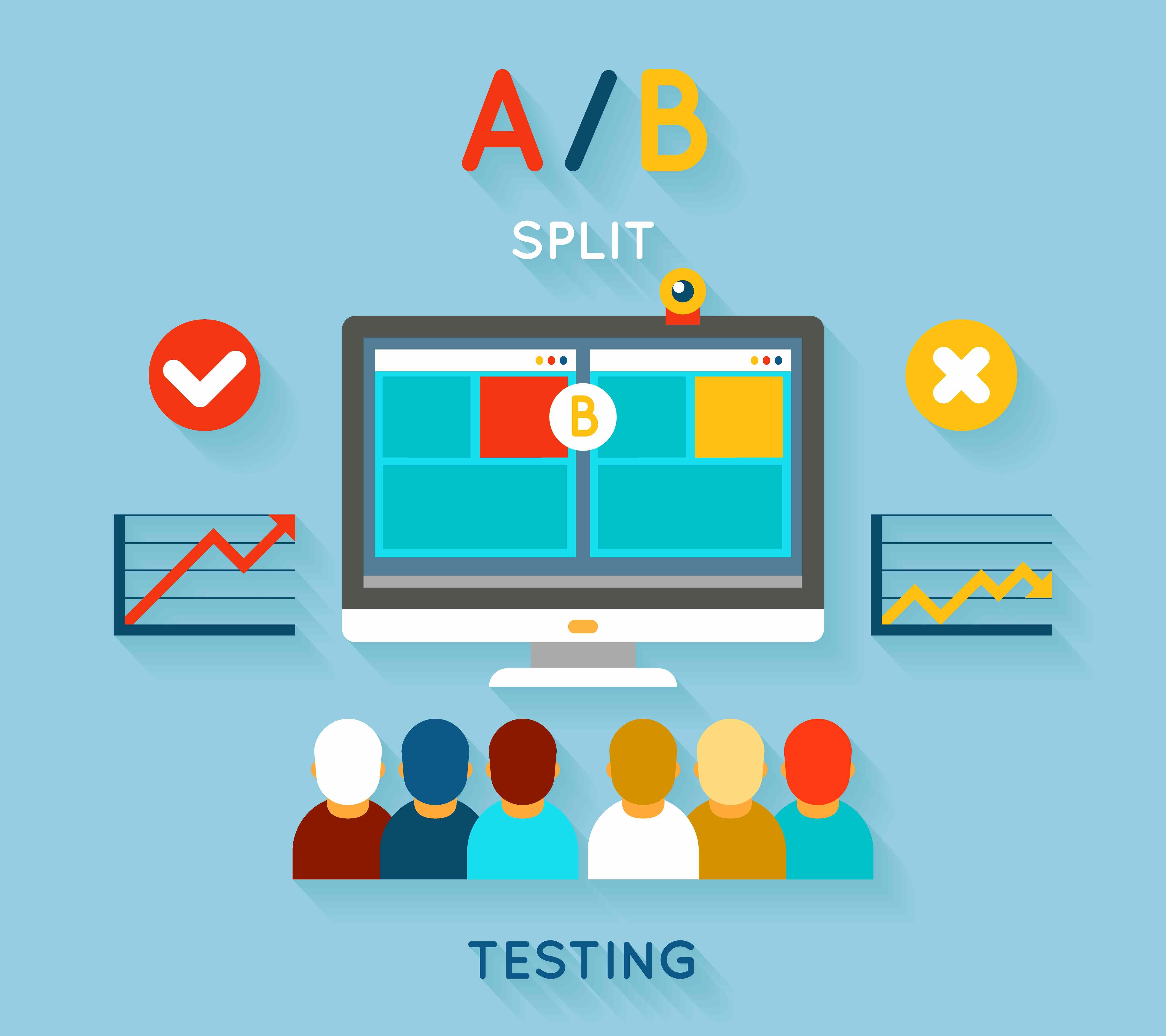Written by M-Ahmed
Monday, November 4, 2024 at 8:15 PM
Discover everything about Salesforce in this comprehensive guide. Learn what Salesforce is, explore a complete learning roadmap, certifications, career paths, and future trends. Perfect for beginners and professionals aiming to master Salesforce
Introduction
Salesforce is a cloud-based customer relationship management (CRM) platform that has transformed the way businesses manage their sales, marketing, customer service, and other critical functions. It allows companies to track customer interactions, manage leads, automate processes, and provide personalized experiences, all from a single platform.
This guide aims to provide a detailed understanding of Salesforce, why it's important, and a complete learning roadmap for those looking to become proficient in this powerful CRM tool.
1. What is Salesforce?
- Definition: Salesforce is a cloud-based software company that provides CRM services. It is designed to help businesses manage their customer relationships, track sales leads, conduct marketing campaigns, and more.
- Overview of Salesforce Services: Salesforce offers various cloud solutions, including:
- Sales Cloud: For managing sales processes.
- Service Cloud: For customer service and support.
- Marketing Cloud: For digital marketing automation.
- Commerce Cloud: For e-commerce needs.
- Analytics Cloud (Tableau): For data analytics and insights.
- AppExchange: An online marketplace for third-party apps that integrate with Salesforce.
2. Why Choose Salesforce?
- Cloud-Based Flexibility: Access Salesforce from anywhere with an internet connection, making it ideal for remote work and global teams.
- Scalability: It can grow with your business, accommodating startups and large enterprises alike.
- Integration Capabilities: Salesforce can integrate with various third-party applications, making it versatile and adaptable.
- Customization: Tailor Salesforce to meet the unique needs of your business with custom objects, fields, workflows, and apps.
- Strong Community and Support: Salesforce has a robust community (Trailblazers) and extensive documentation, making it easier to learn and troubleshoot.
3. Salesforce Learning Roadmap: How to Become a Salesforce Professional
Becoming proficient in Salesforce requires a structured learning path, which can be tailored based on your career goals—whether you want to become a Salesforce Admin, Developer, Consultant, or Architect. Here’s a step-by-step roadmap:
Step 1: Understanding the Basics
- Learn the Salesforce Terminology: Objects, Fields, Records, Tabs, Apps, etc.
- Salesforce Trailhead: Salesforce's official learning platform offers guided, hands-on learning modules.
- Core Concepts: Familiarize yourself with Salesforce's core concepts like Standard and Custom Objects, Record Types, Relationships, and User Management.
Step 2: Choose Your Career Path
- Salesforce Administrator:
- Focus on user management, security, data management, automation, and reporting.
- Key Skills: Data management, automation with flows, process builder, and reports.
- Certification: Salesforce Certified Administrator.
- Salesforce Developer:
- Dive into coding with Apex, Visualforce, and Lightning Web Components (LWC).
- Key Skills: Apex programming, SOQL (Salesforce Object Query Language), APIs, and LWC.
- Certification: Salesforce Certified Platform Developer I.
- Salesforce Consultant:
- Focus on implementing Salesforce solutions for clients, business analysis, and project management.
- Key Skills: Business analysis, solution architecture, communication.
- Certification: Salesforce Certified Sales Cloud Consultant, Service Cloud Consultant.
- Salesforce Architect:
- Aim for deep technical expertise in designing and implementing complex Salesforce solutions.
- Key Skills: Multi-cloud integration, data modeling, security, and governance.
- Certification: Salesforce Certified Application Architect, System Architect.
Step 3: Hands-On Practice
- Create a Salesforce Developer Account: Get a free account to practice real-world scenarios and build custom apps.
- Complete Projects: Work on small projects like building custom workflows, creating dashboards, and automating tasks.
- Join Salesforce Community Groups: Engage with local user groups and forums for real-world insights.
Step 4: Salesforce Certifications
- Why Get Certified?: Certifications validate your skills, increase job opportunities, and often lead to better pay.
- Popular Certifications:
- Salesforce Certified Administrator
- Salesforce Certified Advanced Administrator
- Salesforce Certified Platform Developer I & II
- Salesforce Certified App Builder
- Salesforce Certified Technical Architect (CTA)
4. Salesforce Ecosystem and Tools
- Salesforce Lightning Experience: A modern user interface that enhances productivity and efficiency.
- AppExchange: A marketplace for finding apps, components, and consulting services.
- Salesforce Einstein: AI features that provide predictive analytics and automation for better decision-making.
- Salesforce Flow: A powerful automation tool to build complex business processes without writing code.
- Visualforce & Apex: The traditional methods for building custom UIs and business logic.
5. Career Opportunities in Salesforce
- Job Roles: Salesforce Developer, Administrator, Consultant, Architect, Business Analyst.
- Industry Demand: Salesforce skills are in high demand across industries like finance, healthcare, retail, and tech.
- Salary Expectations: Salesforce professionals are among the highest-paid in the tech industry, with roles like Technical Architect commanding six-figure salaries.
6. Best Practices for Success in Salesforce
- Stay Updated with Releases: Salesforce has three major releases each year (Spring, Summer, Winter). Stay updated to leverage new features.
- Engage in the Salesforce Trailblazer Community: Networking and learning from peers can provide valuable insights.
- Focus on Problem-Solving: Understand the business problems and how Salesforce can solve them rather than just focusing on technical aspects.
- Keep Learning: The Salesforce ecosystem is vast, and there is always something new to learn, whether it's a new cloud offering or a more efficient way to build flows.
7. Future Trends in Salesforce
- AI and Automation with Salesforce Einstein: Expect more AI-driven features that provide actionable insights and automate complex processes.
- Industry-Specific Solutions: Salesforce is investing in solutions tailored for specific industries like healthcare and finance.
- Low-Code/No-Code Development: Tools like Flow Builder and the rise of Lightning App Builder make it easier for non-developers to create custom solutions.
- Data Integration with MuleSoft: Seamless data integration across various platforms is becoming crucial, making tools like MuleSoft more relevant.
Conclusion
Salesforce offers immense opportunities for both businesses and professionals. Whether you aim to optimize your business processes or start a career in the Salesforce ecosystem, this platform provides the tools and community support needed for success. By following this roadmap and focusing on continuous learning, anyone can become a proficient Salesforce professional and tap into the growing demand in the market.






